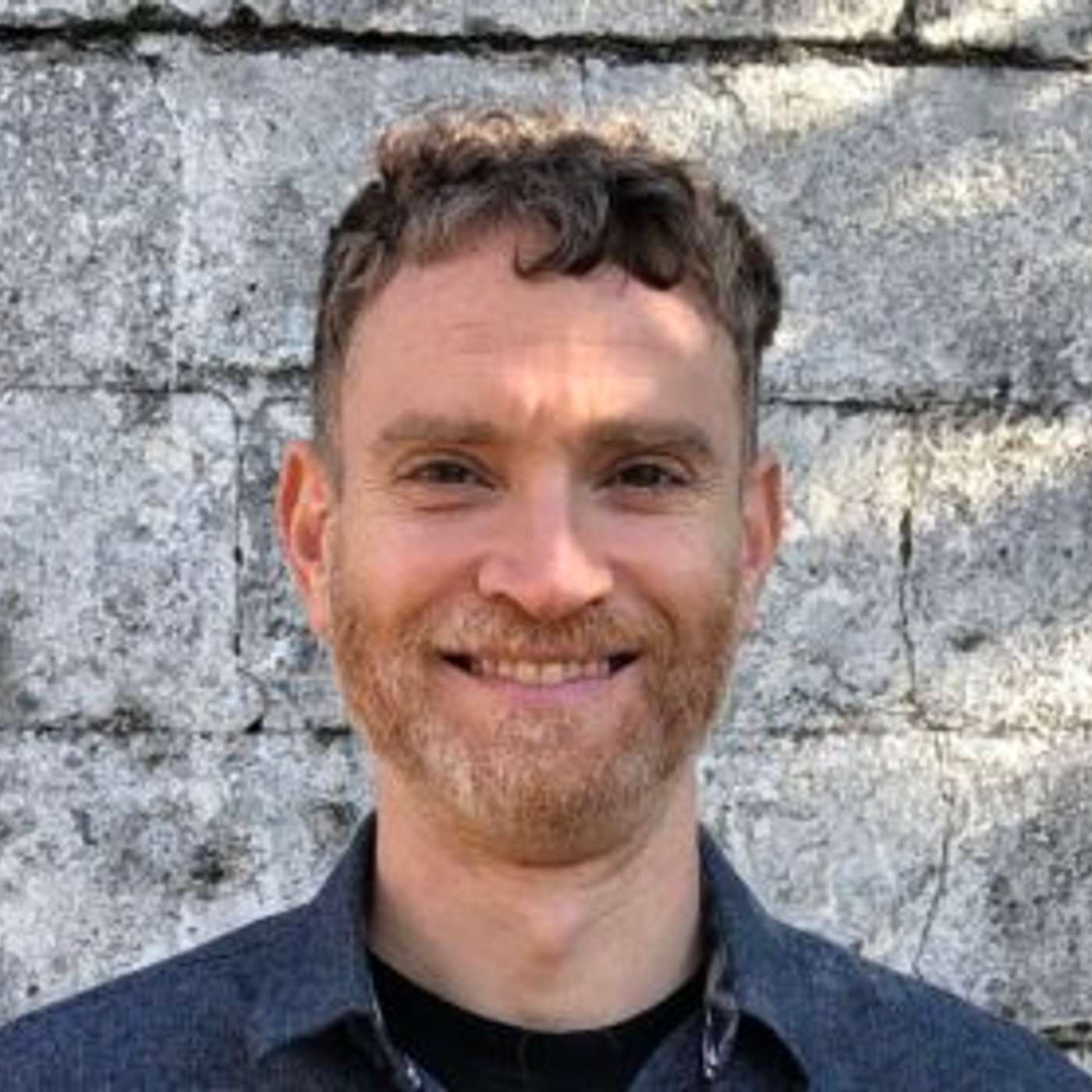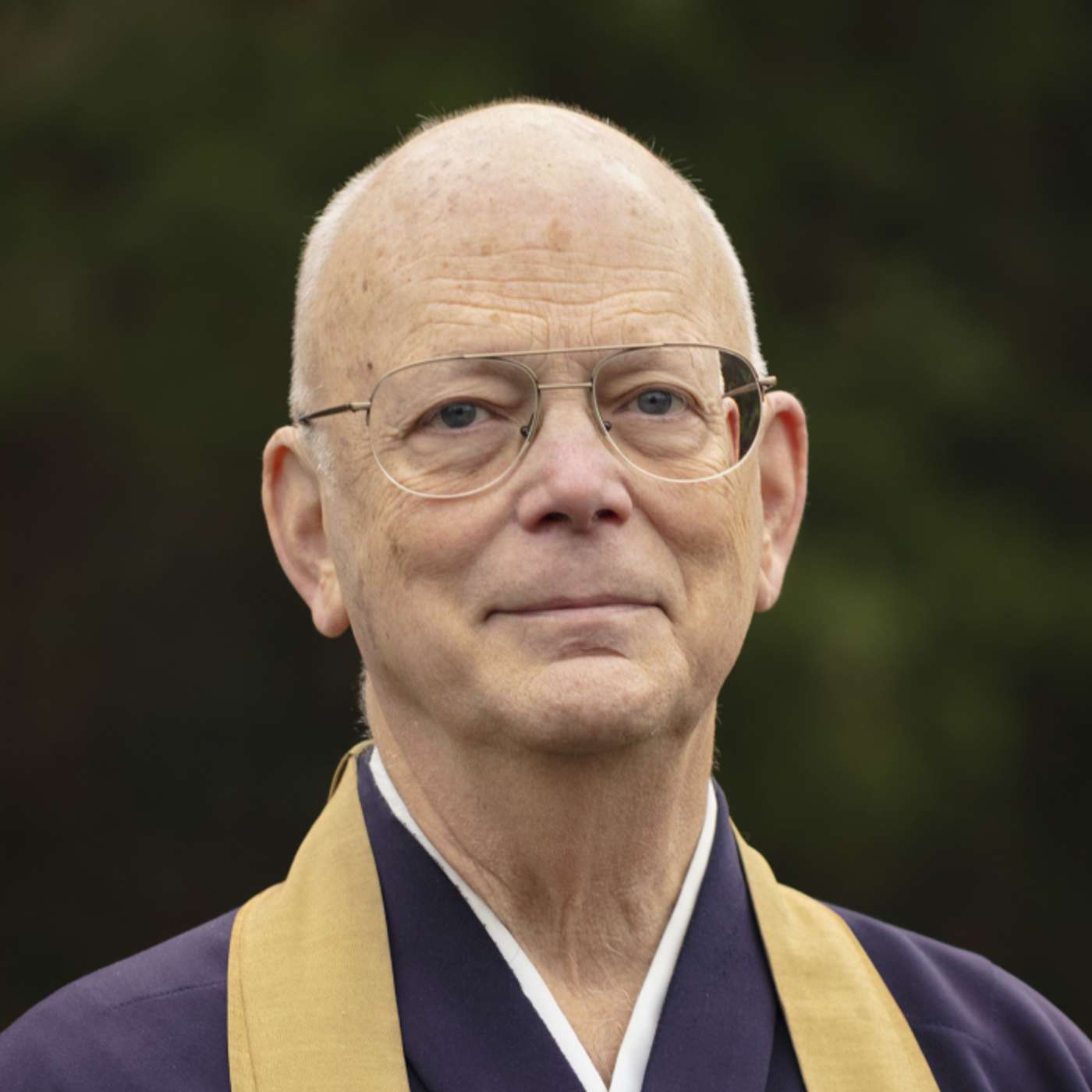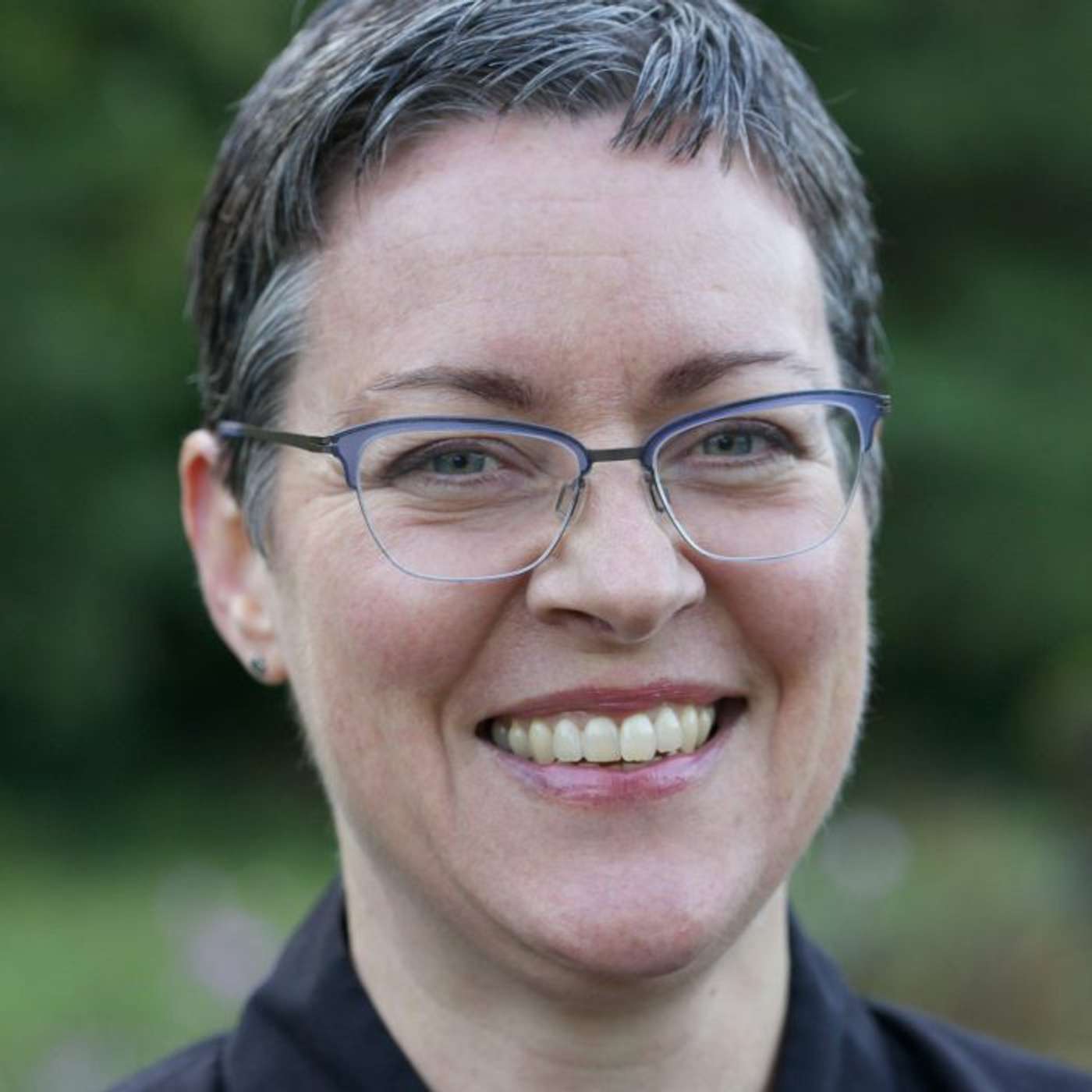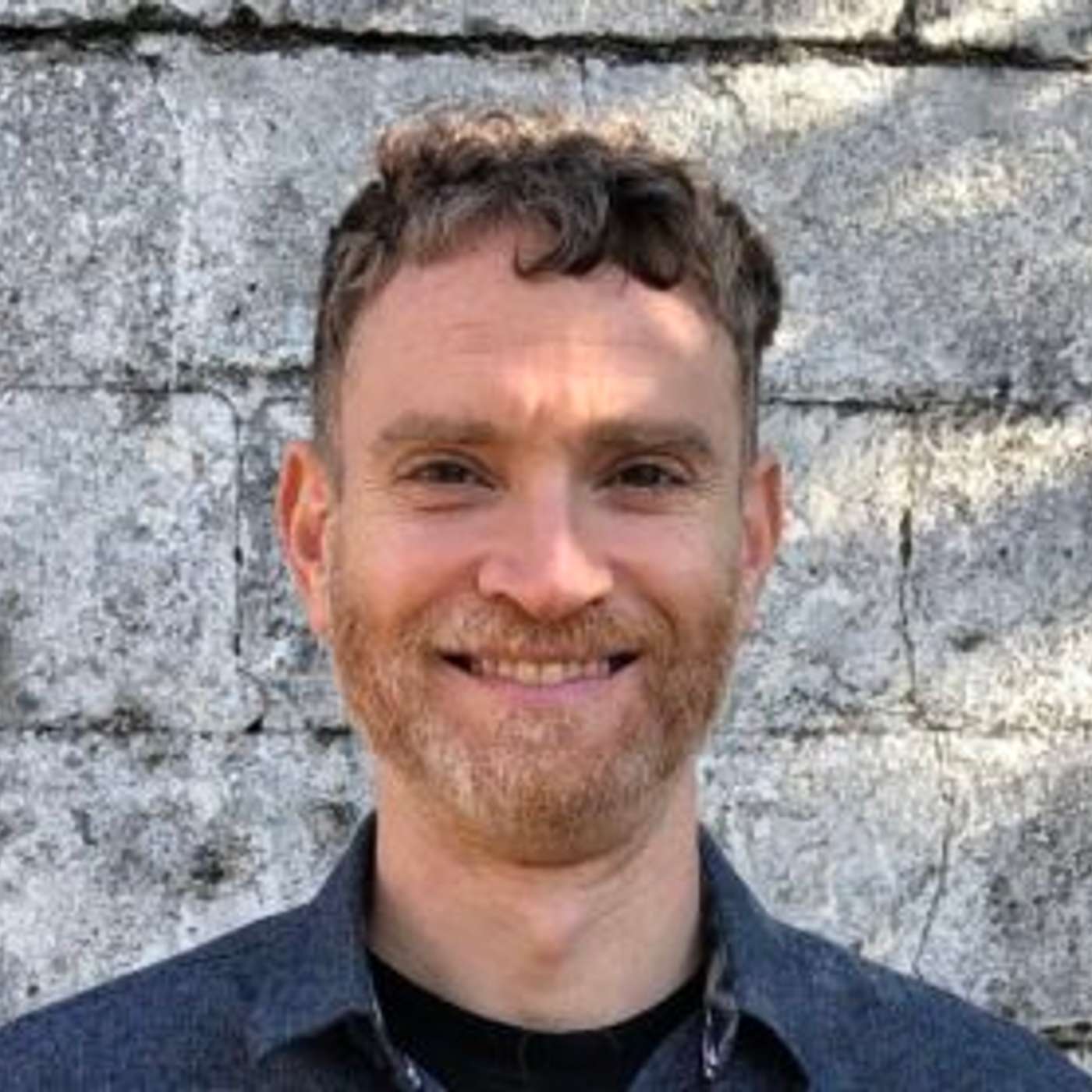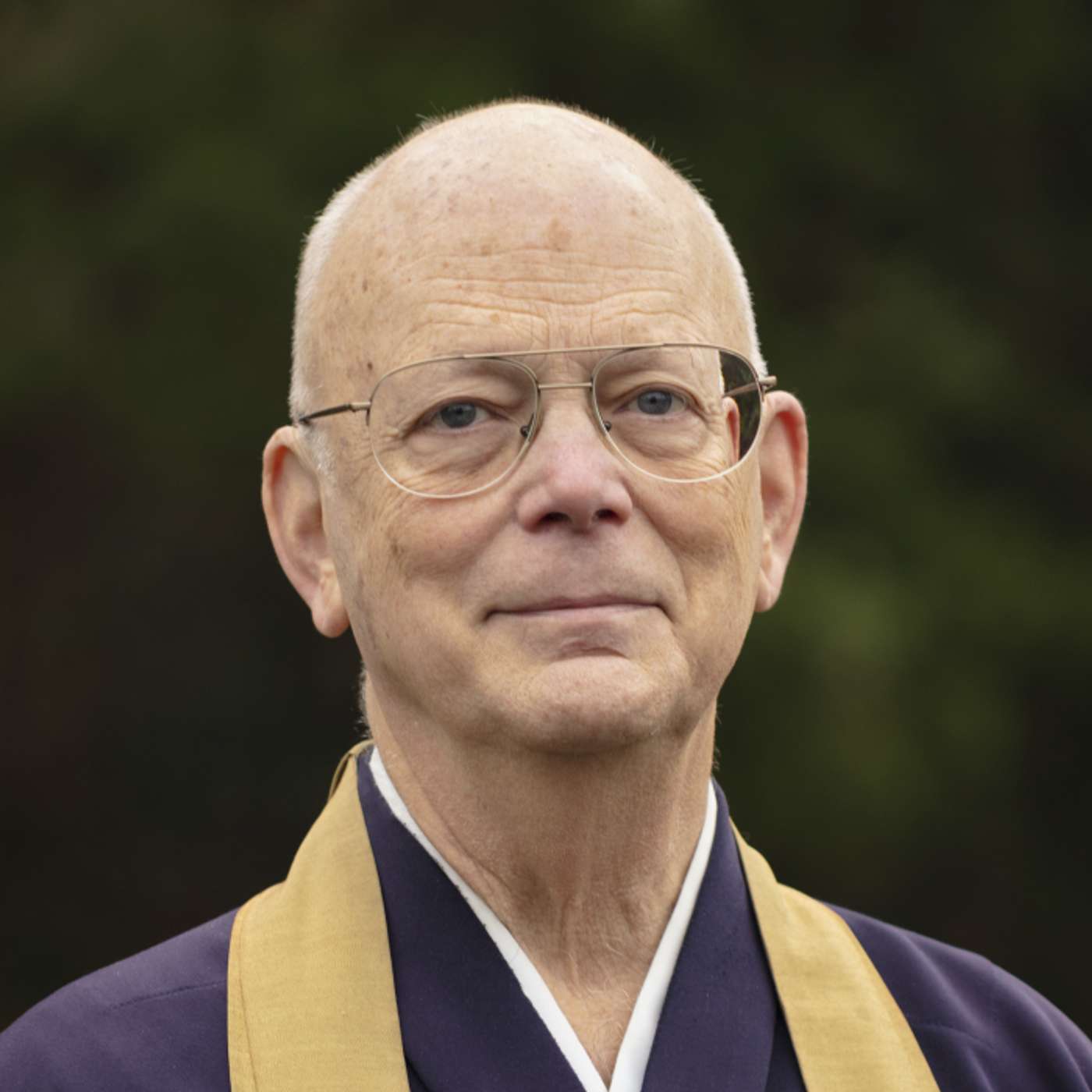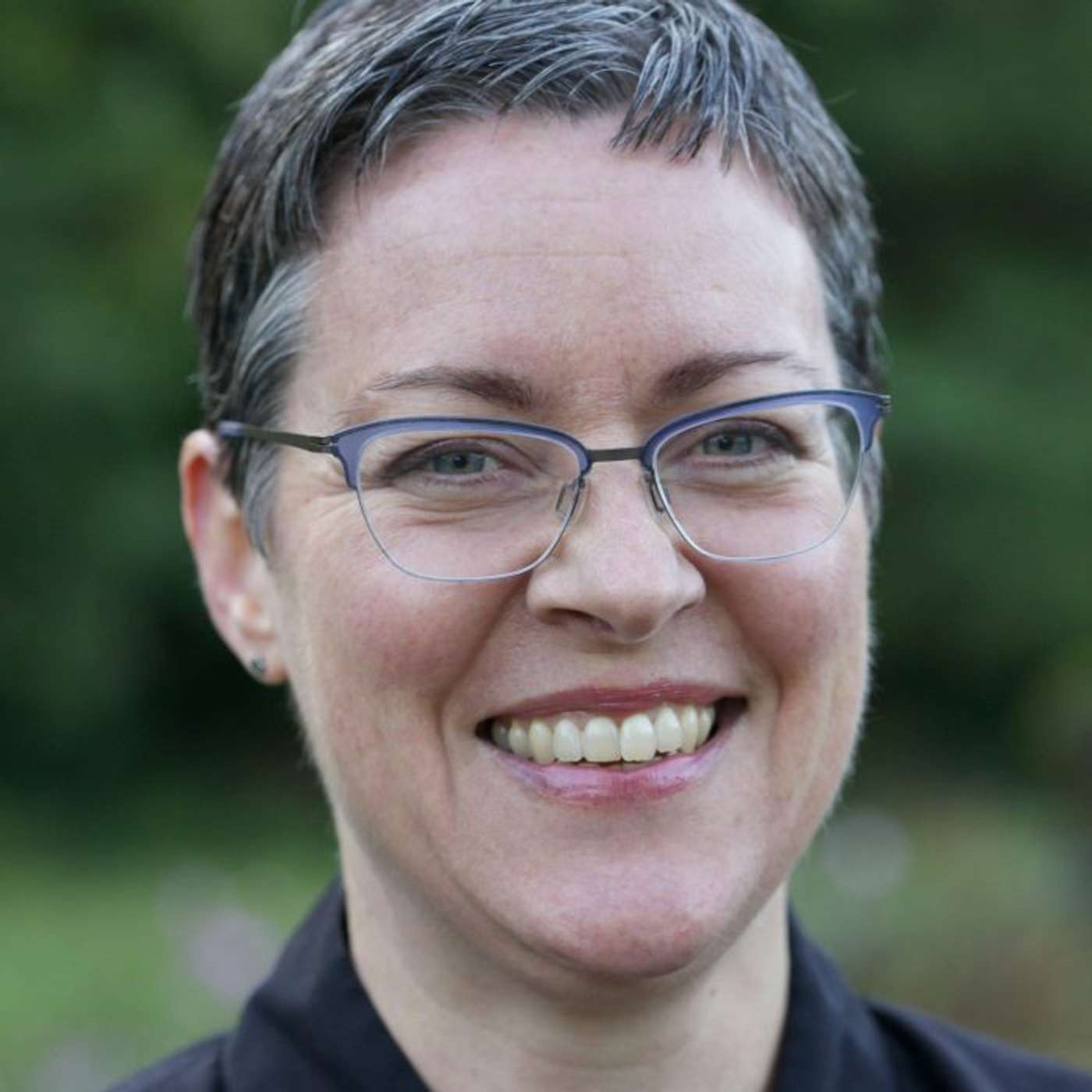Discover Zen Community of Oregon Dharma Talks
Zen Community of Oregon Dharma Talks

Zen Community of Oregon Dharma Talks
Author: Zen Community of Oregon
Subscribed: 118Played: 3,754Subscribe
Share
© 2025 Zen Community of Oregon
Description
New podcasts every Tues, Thurs and Sat. Here you can find talks from various teachers involved with the Zen Community of Oregon. We share talks from our retreats, as well as our different weekly offerings between Great Vow Zen Monastery and Heart of Wisdom Zen Temple.
Zen Community of Oregon's purpose is to express and make accessible the wisdom and compassion of the Buddha’s teachings, as transmitted through an authentic, historical lineage. To support and maintain Zen Buddhist practice in order to realize and actualize our Buddha nature in everyday life.
For more information, please visit zendust.org.
Zen Community of Oregon's purpose is to express and make accessible the wisdom and compassion of the Buddha’s teachings, as transmitted through an authentic, historical lineage. To support and maintain Zen Buddhist practice in order to realize and actualize our Buddha nature in everyday life.
For more information, please visit zendust.org.
713 Episodes
Reverse
In this episode, Kisei explores the unique Zen practice of mirror meditation at Tokeji, a thirteenth-century Japanese convent. Practitioners sit before a mirror, asking, “Where is a single feeling, a single thought in the mirror image at which I gaze?” Through historical stories, personal experiences, and reflections from teachers like Zenju Earthlyn Manuel and Ruth Ozeki, we witness how this practice reveals habitual judgments, fear, grief, and ultimately compassion and equanimity. By sitting with the reflection, we learn to see ourselves as nature itself, discovering clarity, openness, and our original heart-mind.
★ Support this podcast ★
In this talk, Jogen explores the Zen practice of embracing our darkness—not as something negative to overcome, but as the ungraspable, untamable side of human life. He reminds us that despite our efforts, relationships splinter, longings surface, and hurtful words escape; we never fully master life. Rather than rejecting sorrow, confusion, or anger, we can companion them, seeing them as expressions of our shared nature. Alongside cultivating brightness of mind, the path asks us to embrace the darkness too, recognizing it as belonging to the very heart of the world.This talk was given on September 24 2025 during the Heart of Wisdom Wednesday night program.
★ Support this podcast ★
In this talk, Jomon introduces the Japanese Buddhist holiday Ohigan, celebrated at the equinox as a time to honor the ancestors and reflect on the paramitas—the perfections of practice. From there, she explores karma not just as action and result, but as a living cycle of intentions, deeds, and the dispositions they leave behind. Drawing on Buddhist teachings, neuroscience, and personal stories, Jomon shows how our propensities shape the way we perceive the world, and how practicing generosity, patience, and wisdom can shift the very seeds we carry forward. She closes by asking: What kind of ancestor do you want to be, and how do you wish to meet this life?This talk was given during the Wednesday night program at Heart of Wisdom on September 3rd 2025.
★ Support this podcast ★
In this talk, Hogen Roshi shares insights from a recent workshop at the monastery integrating Zen practice with Byron Katie’s method of inquiry. He explores how questioning our fixed beliefs—about ourselves, others, and the world—opens freedom and flexibility, and how this investigation aligns with the heart of Zen’s great inquiry: What is true? Drawing on examples from daily life, the teachings of Dao Wei, and Thich Nhat Hanh’s reflections on impermanence, Hogen shows how seeing from many perspectives helps loosen identification and cultivate vow. Ultimately, he reminds us that because all things are impermanent, we have the creative potential to nurture love, equanimity, and our deepest aspiration in each moment.This talk was given during the Heart of Wisdom Sunday Evening program on September 7 2025.
★ Support this podcast ★
In this talk, Kisei shares Case 58 from The Hidden Lamp, drawn from the Vimalakīrti Sūtra, where the goddess playfully transforms Shariputra to reveal the truth of nonduality beyond male and female. She explores the Mahayana roots of the story, its revolutionary challenge to purity doctrines, and its affirmation that awakening is not bound by gender, role, or condition. Through Rinzai’s “four positions” and a guided koan exercise, Kisei invites us to embody both Shariputra and the goddess, to see where our own identities and resistances arise, and to discover the freedom of dropping all positions. The talk closes with Chōzen Roshi’s reflections on zazen as both microscope and telescope, returning us to spaciousness as the ground of all forms.
★ Support this podcast ★
In this talk, Jogen reflects on what it means to protect the innate brightness of the heart-mind. He describes this luminosity not as a metaphor for “choosing happiness,” but as a living reality that shines through when the shrouds of distraction, anxiety, resentment, and tribalized thinking are set aside. Drawing from personal stories, contemporary struggles, and the wisdom of Zen practice, Jogen explores how meditation, ethical behavior, and stepping outside the “flock” of busyness and opinion can safeguard this transcendent okayness. The invitation is to discover and continually uncover the bright mind that is already present, intimate, and sustaining.This talk was given on September 17th 2025 at Heart of Wisdom Zen Temple.
★ Support this podcast ★
In this Jizō Sesshin talk, Jomon explores the poem Peaceful Life by Dainin Katagiri Roshi, opening it as a doorway into the mystery of vow. She reflects on how we often arrive at practice seeking peace, only to find ourselves meeting distraction, longing, or grief—and how vow becomes the ground on which true peace is found. Drawing on teachings from Chozen Roshi, Thich Nhat Hanh, and stories of resilience from Dōgen to living exemplars like Jimmy Carter, Jomon shows how vow functions not as a goal to accomplish, but as an orientation of the heart that fuels compassion, love, and continuity. Through this lens, we are invited to consider what our lives are about, and how even in uncertainty we can return to this breath, this moment, and discover peaceful life in vow.This talk was given during the 2025 Jizo Sesshin at Great Vow Zen Monastery.
★ Support this podcast ★
In this talk, Hogen weaves community life, way-seeking mind reflections, and Thich Nhat Hanh’s The Art of Living into a deep exploration of impermanence. He reminds us that nothing is stuck—everything is always transforming, whether in our lives, our relationships, or the world itself. By learning to meet each moment freshly, we discover freedom, appreciation, and the possibility of transformation rooted in our vows and intentions. Drawing on the Five Remembrances and the mystery of the present, Hogen points to impermanence not as loss, but as the very ground of practice and awakening.
★ Support this podcast ★
In this talk, Kisei explores Case 15 from The Hidden Lamp, where a woman realizes awakening through the simple phrase “let it be.” She reflects on how this koan functions much like the classic Mu koan—serving as a sword to cut through discursive mind and habitual identification. With stories, metaphors, and practice instructions, Kisei shows how “let it be” invites us to meet fear, thought, and circumstance without grasping, and to discover the vast awareness in which everything arises. She also emphasizes the role of faith—not blind belief, but trust born of direct experience—in sustaining our practice and opening us to the fruit of realization.This talk was given during Kisei's online meeting on Monday evenings.
★ Support this podcast ★
In this talk, Banshō weaves together spiritual poems from across traditions—Christian, Sufi, Taoist, and Zen—to show how poetry can be a living expression of dharma. Beginning with reflections on the rarity of “radical presence,” he invites us to experience poetry as more than words: as truth, practice, heart, and shared human experience. Through poems like Joyce Rupp’s The Perfect Cup, David Whyte’s Everything is Waiting for You, Rumi’s The Guest House, and Dōgen’s timeless verses, he illustrates how beauty, impermanence, and the fullness of human emotions all belong to practice. The talk closes with selections from the Tao Te Ching, pointing to the great mystery—emptiness, interconnection, and the way of reality—revealed in the ordinary and the fleeting.This talk was given on September 21st 2025 during the GVZM Sunday Program.
★ Support this podcast ★
In this talk, Jogen reflects on a student’s feedback that Zen teachings sometimes seem to overlook compassion for oneself. From that spark, he explores how dharma practice can be both deeply compassionate and at times uncomfortable, emphasizing that releasing fixation and illusion often feels like suffering before it frees us. He distinguishes self-compassion from mere “bright-siding” or positive thinking, pointing instead to the steady cultivation of kindness, honesty, and acceptance through practice. Ultimately, he shows how true compassion arises when we release our fixed agendas—revealing love, service, and the deep transparency of self that allows us to live more fully.This talk was given by Jogen on Wednesday Aug 20th 2025 at Heart of Wisdom Zen Temple.
★ Support this podcast ★
Drawing on Thich Nhat Hanh’s The Art of Living, this talk explores the teaching of aimlessness—the practice of arriving fully in the present rather than chasing completion in the future. Hogen reflects on how our restless striving to become more or fix what feels lacking separates us from the miracle of being alive right now. Through stories of loss, illness, mosquito-filled meditation, and everyday challenges, he shows how mindfulness and attention open the way to freedom, even in difficulty. The practice of aimlessness reveals that we are already enough, and that meeting each moment with confidence, kindness, and awareness is the true purpose of our lives.This talk was given during the Sunday night program at Heart of Wisdom Zen Temple on August 24th, 2025.
★ Support this podcast ★
In this closing talk from sesshin, Kisei invokes Dōgen’s Mountains and Rivers Sutra and guides us into the practice of “mountain mind,” the spacious, steady awareness that has been the abode of sages from timeless past to timeless present. Through meditation instructions and vivid imagery, she shows how we can rest in awareness beyond self-identification, seeing our body, thoughts, and life from the perspective of mountain’s stillness. From this ground, she explores how uniqueness and interdependence naturally shine through, how sangha mirrors Buddha-nature, and how bodhisattvas like Jizō express the fearless, compassionate qualities of mountain mind. Ultimately, we are invited to live from this stability in every moment—walking, washing, speaking, and meeting our lives with freedom and presence.This talk was given during the 2025 Grasses and Trees Sesshin at Great Vow.
★ Support this podcast ★
In this talk, Jogen reflects on Maezumi Roshi’s teaching that the greatest gift we can give or receive is freedom from fear. He explores how so much of our striving—whether for health, wealth, status, or security—is rooted in fear, and offers three simple but profound practices to reduce its grip. By cultivating the willingness to fully experience life, learning to see thoughts as just thoughts, and embodying a kind and respectful heart, we loosen fear’s hold and open to trust in mind and heart. These teachings invite us into greater freedom, self-respect, and the joy of being. This talk was given at Heart of Wisdom on August 13th, 2025.
★ Support this podcast ★
This talk weaves together the joy of smiling in meditation, the vow of Jizo Bodhisattva, and a timeless folk story about learning patience. Through the tale of Little Rabbit and her journey of sitting still with Jizo, we’re reminded that patience is not given from outside but grown from within. Reflections on impatience, practice, and the flow of dharma show how slowing down opens us to presence and timelessness. Ultimately, we are invited to discover patience as both a personal gift and a path into boundless awareness. This talk was given during the 2025 Jizo Sesshin in September 2025 at Great Vow Zen Monastery.
★ Support this podcast ★
In this talk, Jomon introduces the Three Pure Precepts—vows to refrain from harm, to cultivate goodness, and to benefit others—as the foundation of Buddhist ethics. Through stories of Zen ancestors, the work of the Sangha Harmony Committee, and contemporary reflections, he shows how these simple yet profound commitments guide both personal practice and community life. Drawing on Dogen, Thich Nhat Hanh, and modern Chan teachers, we see how these precepts foster compassion, stability, and the recognition of interconnection. Rather than rigid rules, they are living vows that orient us toward wisdom, responsibility, and the well-being of all beings.This talk was given at the Vancouver Zen Group on August 19th 2025.
★ Support this podcast ★
In this talk, Jogen explores the intimate relationship between Zen practice and creativity, drawing on Dogen’s teaching that practice, realization, and expression form a complete circle. He shows how every moment of experience is a creative act—whether in the stories we tell ourselves, the identities we shape, or the way culture and attention sculpt who we become. Mind itself is a boundless, neutral space of possibility, able to generate beauty, delusion, and freedom alike. By illuminating this creative power and infusing it with compassion, we discover how to use the twenty-four hours of each day, rather than be used by them.This talk was given on August 6 2025 at Heart of Wisdom Zen Temple.
★ Support this podcast ★
In this talk, Hogen draws on Thich Nhat Hanh’s The Art of Living to explore the practice of aimlessness—the invitation to rest in the present moment rather than chase after a future that never arrives. Through reflections on loss, illness, mosquito bites, and the everyday struggles of sangha members, he shows how freedom is found not by solving problems with thought but by anchoring attention in direct experience. To live without a subtle sense of inadequacy is to recognize that this very life, with all its imperfections, is already a miracle. The practice of aimlessness reminds us that we are enough, and that mindful awareness is our most potent tool.This talk was given on August 24 2025 at Heart of Wisdom Zen Temple.
★ Support this podcast ★
In this talk, Kisei reflects on the rare gift of meeting in practice and the simple, yet profound, invitation of the Buddha: “try it out for yourself.” From the experience of sesshin and mountain practice, to Dogen’s teaching that enlightened and deluded beings share the same boat, we are reminded of the stillness and stability always present within us. Through the story of the Zen ancestor Fa Chung, who devoted thirty years to practice in the mountains, we explore what it means to have faith, to make vows, and to let the way be endless. This is a call to trust in the continuity of practice—moment by moment, year by year, and even for the next thirty years.This talk was given during Sunday Program at the end of 2025 Grasses and Trees Sesshin on August 17.
★ Support this podcast ★
In this talk, we explore the meaning of vow and how it shapes the direction of our lives. From the Buddhist teaching of bodhichitta—the awakened heart-mind of compassion and wisdom—to personal stories of exemplars and inherited vows, we reflect on how intention becomes the fuel for practice. Through poetry, lived experience, and the reminder that even life itself carries a vow to endure and transform, we discover that vows are not rigid goals but guiding stars. This conversation invites us to discern our own vows and orient our lives with clarity, humility, and openness.This talk was given during the Tuesday night meeting of the Vancouver Zen group on July 29th, 2025.
★ Support this podcast ★







